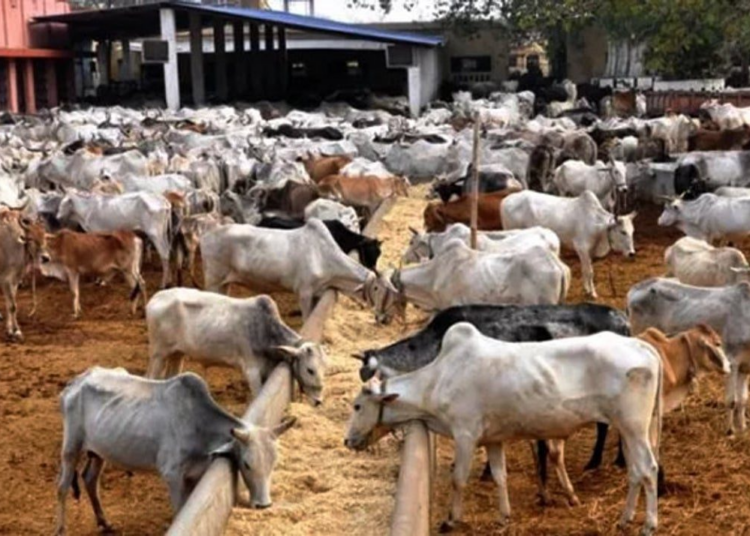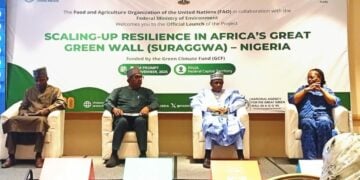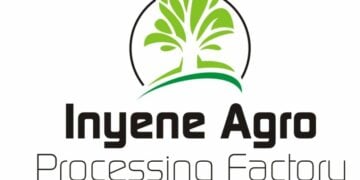Nigeria and Russia have strengthened cooperation on livestock disease control, vaccine production and agricultural technology following a high-level diplomatic engagement in Abuja.
The Russian Ambassador to Nigeria, Andrey Podelyshev, represented by the Agricultural Attaché, Vladimir Efremov, paid a courtesy visit to the Federal Ministry of Livestock Development to advance discussions on veterinary and agricultural partnership.
Efremov reaffirmed Russia’s commitment to support Nigeria in closing the gap in the supply of quality veterinary vaccines, citing Russia’s long-standing expertise in animal health and biotechnology.
He presented updated product catalogues from Russia’s Animal Health Centre and recalled previous exchanges that proposed technical cooperation.
The envoy also highlighted Nigeria’s participation in the Golden Autumn 2025 Agro-Industrial Exhibition held in Moscow from October 8–11, describing it as Russia’s premier agricultural forum for innovations in agribusiness, veterinary products, and livestock technology.
According to him, more than 40 Nigerian delegates attended the exhibition, which included a visit to the Shchelkovo Biocombinat Vaccine Factory a 100-year-old institution producing vaccines against major livestock diseases such as brucellosis, rabies, and foot-and-mouth disease.
He demonstrated sample products, noting their affordability, cold-chain stability, and suitability for Nigerian farmers.
Efremov further informed the Ministry of an upcoming diplomatic reception and photo exhibition scheduled for November 25 to mark 60 years of Nigeria–Russia relations, extending an invitation to the Honourable Minister.
In his response, the Minister of Livestock Development, Idi Mukhtar Maiha, welcomed the renewed partnership and described Russia as a valuable ally with advanced capabilities in animal genetics, vaccine technology, and scientific research.
Maiha said Nigeria’s livestock sector needs modernization across genetics, nutrition, animal health, and disease surveillance areas prioritized under President Bola Ahmed Tinubu’s livestock development agenda.
He identified feed and fodder development, disease control, and improved genetics for indigenous breeds as key areas for collaboration, adding that the Ministry is ready to facilitate partnerships between Russian manufacturers and the National Veterinary Research Institute (NVRI).
Maiha assured that Nigeria’s large market and favourable investment climate offer promising opportunities for Russian investors in vaccine production, livestock pharmaceuticals, ranching, and cold-chain technologies.





